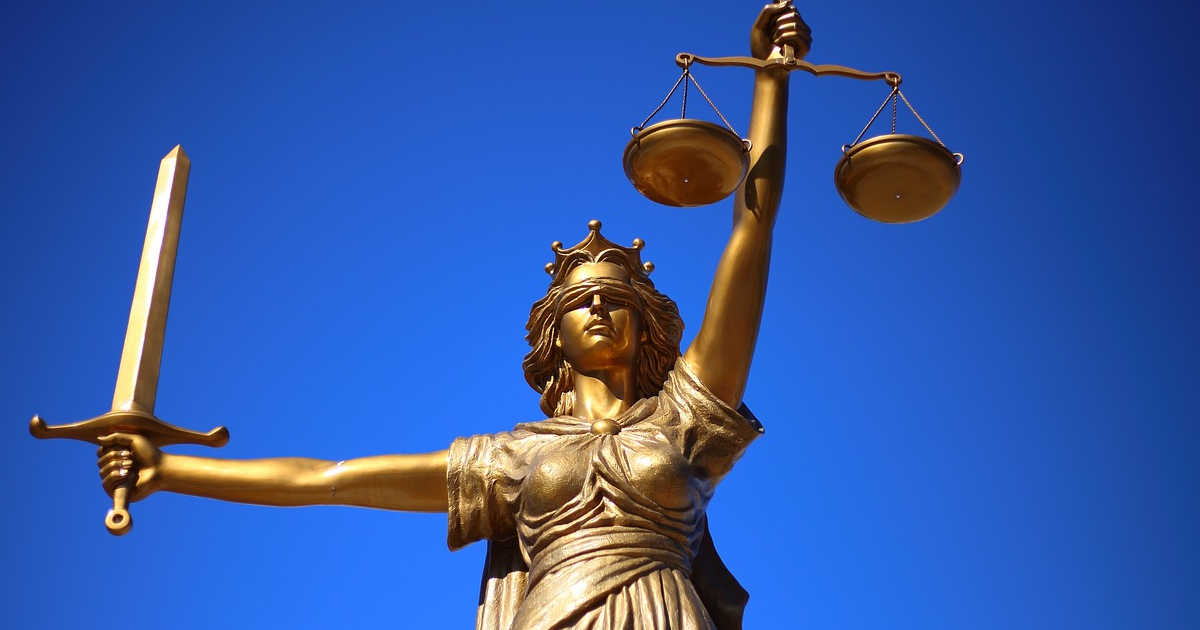Private laws become tricky to enforce on Blockchain, according to the specialists. Professor Matthia Lehmann comments on the matter.
Professor Matthia Lehmann, Director of Institute of Private International and Comparative Law in the University of Bonn stated his opinion against decentralized networks like Bitcoin that challenge the application of private laws to Blockchain.
According to his article “Who Owns Bitcoin? Private (International) Law Facing the Blockchain?”, there are two issues that need more discussions by the public. The first batch of problems is associated with troublesome transfers within the Blockchain and troubles occurring outside of it like insolvency proceedings.
A quote from the article states:
“The Distributed Ledger Technology (DLT) is incapable of dealing with both types of problems: Neither does it provide a mechanism to reverse faulty transfers, nor does it allow for a transfer of title outside the blockchain. DLT was designed to avoid the risk of double spending, yet it does not solve other problems that are standard in private law.”
For him, there are two reasons that the Blockchain makes any type of private law hard to enforce onto: the irreversibility of the ledger and a-nationality of the whole technology.
The state legal system closest to a given case still applies, even though the Blockchain does not connect to a particular state.
Several proposals for connecting Blockchain to the legal system have been made:
“They do not […] provide an answer for permissionless networks where the coder is unknown, such as Bitcoin. In the latter case, there seems to be no other solution than to renounce the identification of one particular governing law.”
The professor proposes the solution of arguing for enforcing the different national laws to the correct Blockchain data records. Specifically, the transfer obligations could be a good option for dealing with irreversibility.
Unless some choice of a law has been put in the ledger, property law concepts could be avoided as such practice can steer the role of the law and correct any ledger activity by the nature of the technology.
His statement on the question is that there should be only one law regarding the Blockchain with just several rules spread across different legal systems.
What do you think about private laws applied to the Blockchain? Share with us. Follow CoinChoose.com on Twitter, LinkedIn, and Facebook now and join the Crypto and Blockchain community.




